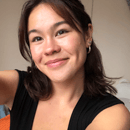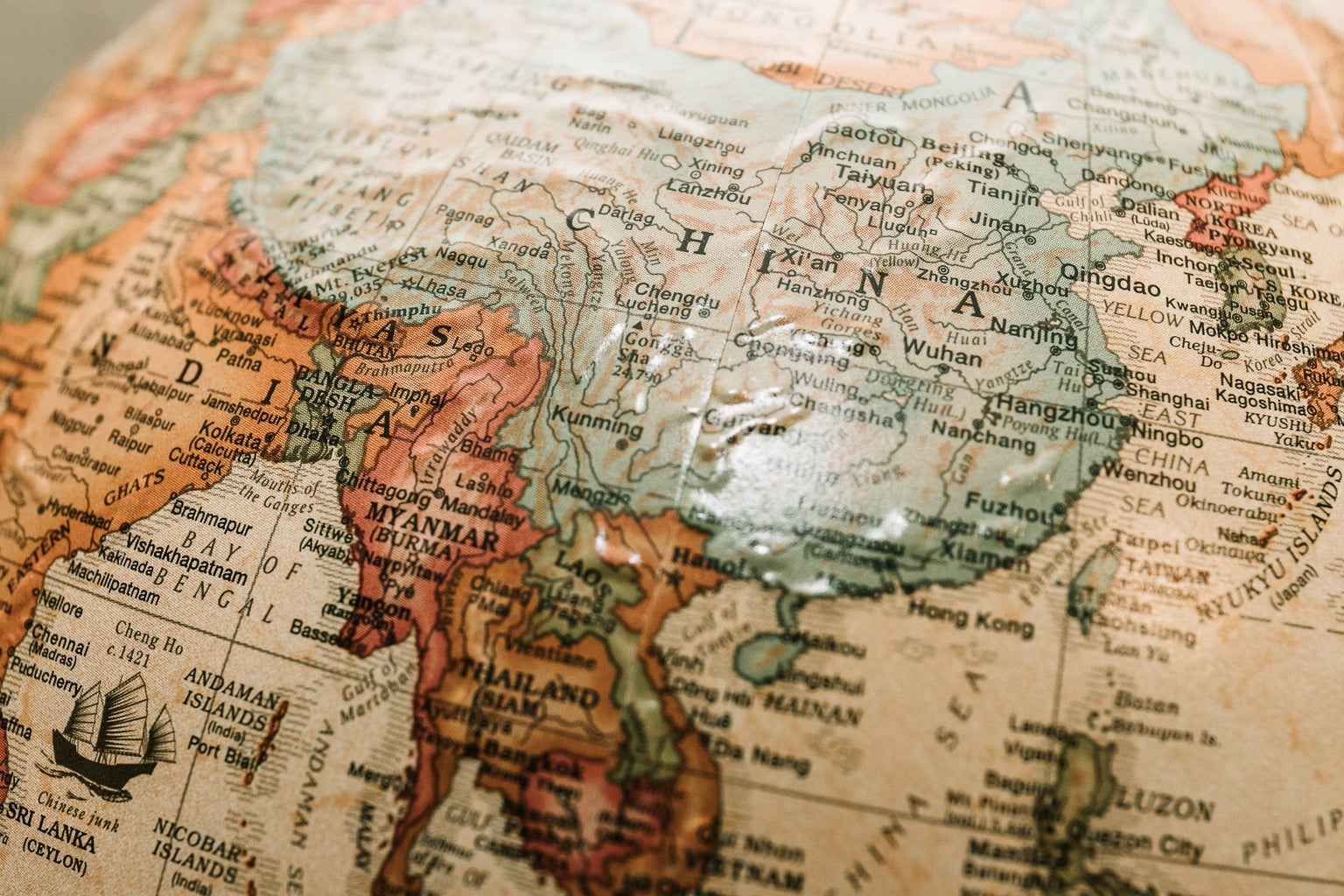Bursting the Bubble
They say going to college bursts your bubble – that childhood bubble riddled with sheltered perception and naivety. Once rid of that bubble, your mind becomes much more open to the realities of life. Although, I personally believe this is not entirely true until you’ve taken a history course. To learn the great men of history is one thing, but to discover their faults, well that is an entirely different rabbit hole.
I have come to embrace falling down the rabbit hole of time that is a history course. They bring me an understanding of the world I exist in today. Like many kids growing up, I often wondered why people, adults mostly, were so hateful. I questioned the whole concept of racism, sexism, classism, and all isms for that matter, and found myself always at a loss for answers. I wondered why people tried so hard to divide, when we are all so similar. Perhaps the cliche, “the answers lie in our past”, holds more truth than I once thought.
history depends on the lens of who tells it
As a Sociology and History major, I find myself in the middle of two worlds. Throughout my history courses, I learned a great deal about atrocities that have occurred in the past, only to discover through my sociology classes that many important details tend to be left out, hinting that these courses were in fact influenced by the American Creed. Being from a nation so heavily based on colonialist endeavors, it can be difficult to determine what is truth and what is merely a story. In America at least, you grow up reciting the pledge of allegiance to the flag every morning, which is then followed by in depth studies of European and American history and their contributions to the world (I have personally never heard of a high school that taught history that wasn’t through the lens of a Western country). Then you go your whole life thinking about your nation the way it wants you to. This all changes when you take a college history course, which may prompt you to question who wrote this so-called ‘history’ we conclude to be true? What were their own biases while writing this? What was their own motive?
Double trouble: Breaking the Cycle & Bubble
When you take a college history class, you break the cycle and the bubble; talk about killing two birds with one stone. I started my history journey in History 2C with Professor Spickard and my way of thinking about the past, and history in general, was forever changed. He taught me things about the past I couldn’t have imagined possible from humanity. He opened my eyes to this great, but complex, and imperfect world.
In History 49A and 49B with Professor Ware, I’ve been introduced to the true history of Africa, not just the colonialist creed narrative, but instead a brilliant continent with a rich history and culture. I felt this sensation of realizing the true imperfections of our world’s past as they slowly came to light. Why did I not know until my second year in college that certain communities in Africa had internal sanitation systems while Europeans continued to throw their excrement into the streets? How come I did not know about Zheng He who traveled in a ship around the world before Christopher Columbus, though he was never discussed in any course nor was given a holiday. Why were we not taught the greatness of other nations? I know now that the answer is to make us believe that European nations and those of colonialist roots were always superior, though this cannot be further from the truth.
Human History is complicated and complex, just like us
Sometimes history can be painful, but it is essential in every form. You need to know history to understand racism, sexism, classism, and all the isms. When I say history, I don’t mean your AP European History class you took in your senior year of high school, I mean college history, and World history, at that. It is interesting that we learn other nations’ history when we try to relate it back to Western History instead of learning them individually. How can we teach European history without teaching Africa, as the two are so interconnected, as with all things in this world?
If you want answers to those big questions on why we are so hateful, why we are insatiable, why we are divided, why there is war, why there is unnecessary death, etc., all you have to do is sign up for a history course. Together, we can fall down this rabbit hole, as there is so much more to be discovered.



